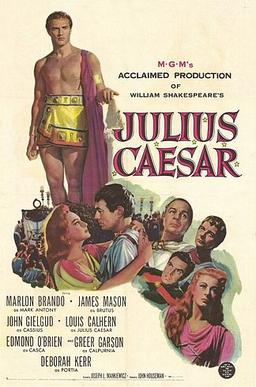 |
| David Niven, Deborah Kerr, and Jean Seberg in Bonjour Tristesse |
Only a couple of years after Otto Preminger's adaptation of Françoise Sagan's novel Bonjour Tristesse was released to critical and box office indifference, filmmakers like Federico Fellini and Michelangelo Antonioni would make their international reputations with films about moneyed Europeans fighting vainly the old ennui. In fact, Bonjour Tristesse is not so very much different in content from movies like Antonioni's L'Avventura and Fellini's La Dolce Vita, both of which rocketed to success in 1960. They're all about what today we might call "Eurotrash" -- people with too much money and not enough to occupy their souls. Preminger's film was hindered a bit by the censors, who forbade any explicit descriptions of what was going on between Raymond (David Niven) and his several mistresses, much less any extrapolation about his exceptionally close relationship with his daughter, Cecile (Jean Seberg). And the casting of the British Niven and Deborah Kerr and the American Jean Seberg as characters meant to be très French, feels more than a little off-base. There's also some heavy-handed telegraphing of the film's message, summed up in a title song by composer Georges Auric with lyrics by screenwriter Arthur Laurents that's sung by Juliette Gréco in a Paris boîte. But Bonjour Tristesse has gained in favor over the years, no longer dismissed as a complete misfire. Mylène Demongeot adds some much needed comic relief in the form of Elsa, Raymond's sunburned mistress, a necessary counterpoint to Cecile's existential angst. Auric's score provides a continental flavor to the film, and Georges Périnal's cinematography makes the most of locations, especially the Paris that's viewed in monochrome as contrasted with the Technicolor vividness of the Riviera. Since the film is told from the point of view of Seberg's Cecile, the place where she feels depressed and regretful is necessarily more drab than the place where she had a brief encounter with something like freedom and power. It's Paris as Kansas and the Riviera as Oz, but without the "no place like home" nostalgia.

















